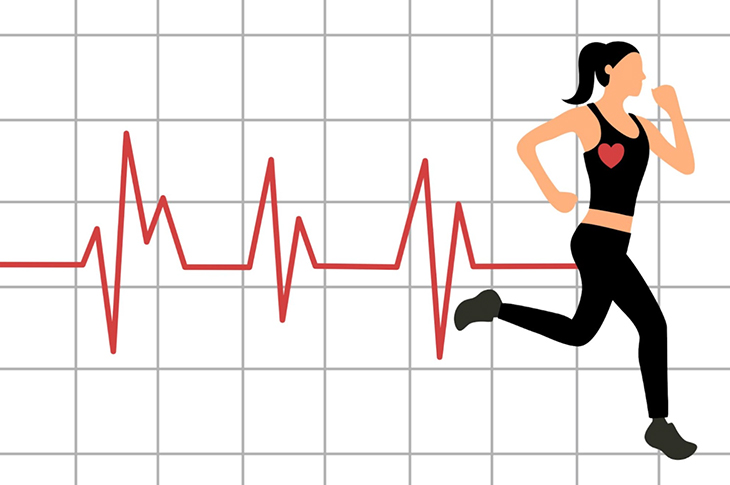The Link Between Physical Activity and Resting Heart Rate, Sleep, and More
Understanding the Impact of Meeting Physical Activity Recommendations on Well-being
Physical activity is a crucial element of maintaining overall health and well-being. Recently, Fitbit research findings have shed light on the positive effects of meeting physical activity recommendations on various aspects of health, including resting heart rate, sleep quality, and more. This research has provided valuable insights into the importance of regular exercise and its impact on overall vitality. By analyzing these findings, we can gain a deeper understanding of the link between physical activity and key health metrics.
Resting heart rate is a fundamental indicator of cardiovascular health, with a lower resting heart rate generally associated with better fitness levels and decreased risk of heart disease. Fitbit’s research has shown that users who meet their physical activity recommendations tend to have lower resting heart rates compared to those who do not. This highlights the significant role that regular exercise plays in strengthening the heart and improving its efficiency.
Sleep quality is another critical aspect of overall well-being that can be influenced by physical activity levels. Fitbit’s research findings reveal that individuals who engage in sufficient physical activity are more likely to experience improved sleep patterns, including higher sleep efficiency and fewer disruptions during the night. This underscores the positive impact of exercise on promoting restful and rejuvenating sleep.
Furthermore, meeting physical activity recommendations has been linked to enhanced mental well-being. Regular exercise has been shown to reduce stress, anxiety, and symptoms of depression while boosting mood and overall cognitive function. By engaging in physical activity, individuals can experience a range of mental health benefits that contribute to a more balanced and fulfilling lifestyle.
In addition to the direct effects on resting heart rate, sleep quality, and mental well-being, meeting physical activity recommendations can also lead to secondary benefits such as weight management, improved energy levels, and enhanced overall physical fitness. By incorporating regular exercise into their daily routine, individuals can not only improve specific health metrics but also enjoy a more active and vibrant lifestyle.
Overall, the research findings from Fitbit emphasize the profound impact of physical activity on various aspects of health and well-being. By meeting recommended exercise guidelines, individuals can experience improvements in resting heart rate, sleep quality, mental well-being, and overall vitality. As we continue to prioritize physical activity as a key component of a healthy lifestyle, we can further enhance our resilience, longevity, and quality of life.

